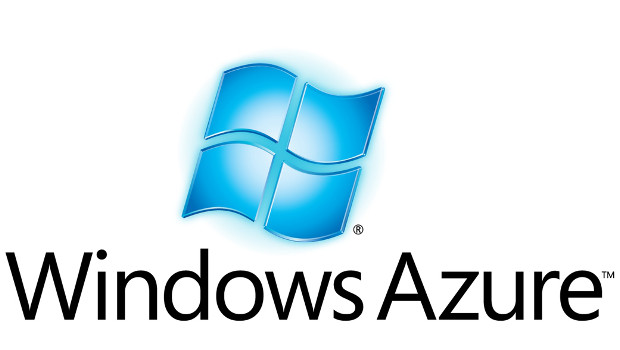For years Microsoft has talked about, previewed and at sometimes delayed the release of its Azure Stack hybrid cloud computing platform.
But at its Ignite conference in Orlando Microsoft announced that Azure Stack is now shipping to customers, and in doing so the company is pitching its hybrid cloud platform as being about more than just connecting customer data centres to the public cloud.
Microsoft says hybrid cloud computing should be considered in a wider context that includes not just the infrastructure components, but also security and access policy, plus applications and databases spanning these hybrid environments. To that end, Microsoft has also announced that its popular SQL Server database is now generally available either on premises or in the cloud—across Windows, Linux and in Docker container environments. Microsoft has also announced a new database migration service that makes it easier to copy or move databases from on premises to its Azure public cloud.
“Customers have largely gone to a cloud-first strategy, which is great, but that doesn’t mean cloud-only,” said Microsoft corporate vice president Julia White said in an interview before Ignite. “Our approach to hybrid is to look at hybrid end-to-end.”
Microsoft offers a license package as part of Azure Stack that allows customers to purchase Azure licenses and use them toward either the Azure IaaS public cloud, or the Azure Stack private cloud.
Gartner VP and Distinguished Analyst Ed Anderson, who formerly worked at Microsoft, says this ability to span licenses from the data centre to the cloud gives customers the freedom to choose where they want workloads to run. “One of the value propositions from Microsoft’s perspective is that you can build applications for Azure public cloud or Azure Stack and they will run in the same way, that means there is parity in terms of the APIs and design goals,” Anderson notes.
He says Microsoft’s competitors in IaaS offer hybrid cloud tools, but they are not as fully featured as Microsoft’s approach. Amazon Web Services, for example, offers gateways for customers to link their storage platforms in with its Simple Storage Service (S3). AWS also offers virtual private cloud and direct connect options for customers to connect their on-premises workloads to the public cloud. Both AWS and IBM have partnerships with VMware to extend on-premises VMware environments to the public cloud. Even Oracle gives customers the opportunity to run database infrastructure behind their firewall but have it be fully managed as a service.
IDG News Service








Subscribers 0
Fans 0
Followers 0
Followers